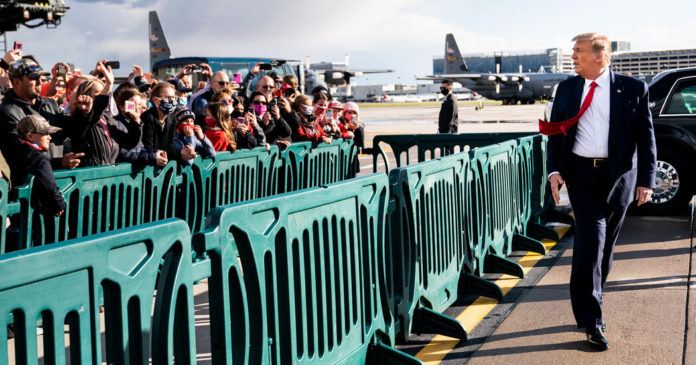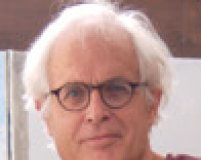
But in interviews, the Cornell researchers said they expected to find more mentions of conspiracy theories, and not so many articles involving Mr. Trump.
Public health experts know that clear, concise and accurate information is the foundation of an effective response to an outbreak of infectious disease. Misinformation around the pandemic is “one of the major reasons” the United States is not doing as well as other countries in fighting the pandemic, said Dr. Joshua Sharfstein, a vice dean at the Johns Hopkins Bloomberg School of Public Health and a former principal deputy commissioner at the Food and Drug Administration.
“There is a science of rumors. It’s when there is uncertainty and fear,” said Dr. Sharfstein, who teaches on public health crisis communications. In the absence of treatments or vaccines, he said, honest and consistent messaging is essential.
“This is what we need to save lives,” he said. “If it’s not done well, you get far more infections and deaths.”
The Cornell Alliance for Science, which spearheaded the study, is a nonprofit devoted to using science to enhance food security and improve environmental sustainability. One of its aims is to promote science-based decision-making. Dr. Evanega and a Cornell colleague, Mark Lynas, partnered with media researchers at Cision, a company that performs media analysis, to conduct the study. Dr. Evanega said the study was being peer reviewed by an academic journal, but the process was lengthy and the authors withdrew it because they felt they had compelling public health information to share.
The researchers sought to identify all mentions of misinformation in “traditional media” — including in The New York Times and other major news outlets. They included fact-checking articles that corrected misinformation in their total tally. But fact-checking articles accounted for only 16.4 percent of those that included misinformation, “suggesting that the majority of Covid misinformation is conveyed by the media without question or correction,” the authors wrote.
The study found that conspiracy theories, when lumped together, accounted for 46 percent of the misinformation mentions. Among those theories was one that emerged in early April suggesting that Dr. Anthony S. Fauci, the director of the National Institute of Allergy and Infectious Diseases and a respected voice on the pandemic, was exaggerating deaths or was a beneficiary of pharmaceutical company efforts to find treatments and vaccines. To look for such stories, they examined social media hashtags, including #FireFauci and #FauciFraud.








